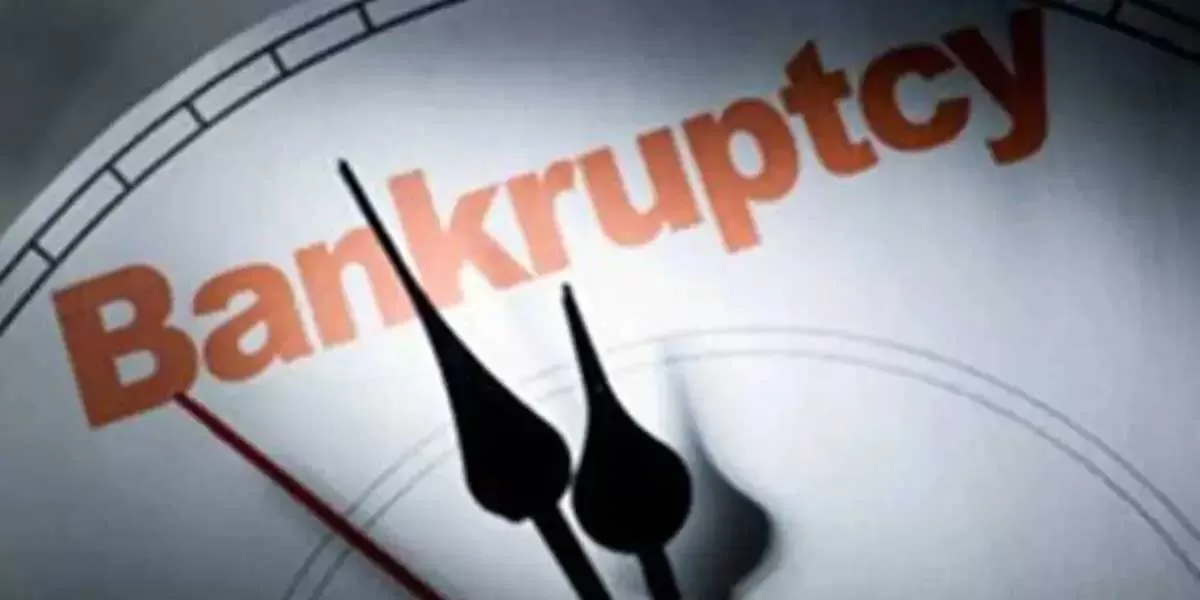Debt settlement is often advertised as a solution for individuals drowning in financial obligations, promising significant reductions in owed amounts. However, this approach does not work for everyone, and many people find themselves facing unforeseen complications. From credit score damage to legal risks, debt settlement has several drawbacks that can make it an ineffective option for certain borrowers. Understanding its limitations can help individuals make better financial decisions and seek alternatives that align with their specific needs.
How Debt Settlement Works
Debt settlement involves negotiating with creditors to reduce the total balance owed. This process is usually facilitated by a third-party company that communicates with lenders on behalf of the debtor. The goal is to persuade creditors to accept a lump-sum payment that is lower than the outstanding debt, rather than risk non-payment.
To encourage creditors to negotiate, debt settlement companies often advise clients to stop making payments for a certain period. This strategy is meant to increase the chances of creditors agreeing to a settlement. However, it comes with significant financial risks, including credit score damage, accumulating late fees, and potential legal actions. Additionally, not all creditors are willing to settle, making this method unreliable for some borrowers.
Debt Settlement Doesn’t Cover All Debts
One of the biggest limitations of debt settlement is that it only applies to certain types of debt. This approach primarily targets unsecured debts, such as credit card balances, medical bills, and personal loans. However, secured debts, including mortgages, auto loans, and most federal student loans, are generally ineligible for settlement.
For individuals whose financial burdens are tied to secured loans, debt settlement offers little relief. Even among unsecured debts, some lenders refuse to negotiate, meaning that debtors may not receive the expected benefits. Borrowers must assess their specific financial obligations before considering debt settlement as an option.
Credit Scores Can Take a Serious Hit
A major drawback of debt settlement is the impact it has on credit scores. Since most settlement plans require borrowers to withhold payments for months, accounts become delinquent. Late payments, charge-offs, and settlements appear on credit reports for up to seven years, significantly reducing creditworthiness.
For people who plan to apply for loans, mortgages, or even jobs that require a credit check, this can create major obstacles. Even after the debt is settled, rebuilding credit can take years. Those who need to maintain a good credit score should carefully evaluate the long-term repercussions of debt settlement.
Legal Risks Associated with Debt Settlement
Many debtors don’t realize that creditors have the right to pursue legal action against non-paying borrowers. When payments are intentionally stopped to push for a settlement, creditors may respond with lawsuits rather than negotiations. If a creditor wins a case, they may secure wage garnishment orders, bank levies, or liens against personal property.
This risk makes debt settlement a precarious option for individuals already facing financial distress. Instead of resolving debt issues, it could lead to even more severe consequences, including legal fees and court-ordered payment plans that may be stricter than the original debt agreements.
High Fees Can Offset Potential Savings
Debt settlement companies typically charge substantial fees for their services. These fees often range from 15% to 25% of the total debt enrolled in the program. This means that even if a borrower successfully negotiates a lower balance, the amount saved may be significantly reduced due to service charges.
Additionally, interest and penalties continue to accumulate during the negotiation period. Since borrowers stop making payments to creditors, their outstanding balances grow, further eroding any potential financial benefits. In some cases, individuals end up owing more than they did before starting the settlement process.
No Guarantee of Success
One of the biggest misconceptions about debt settlement is that it guarantees debt reduction. In reality, creditors are under no obligation to accept settlement offers. Some lenders refuse to negotiate, while others may only offer minor reductions that do not significantly ease the debtor’s financial burden.
Even when settlements do occur, they often take months or years to finalize. Individuals expecting immediate relief may be disappointed by the prolonged process. Given the uncertainty of results, debt settlement is not a foolproof strategy for everyone.
Forgiven Debt May Be Taxable
Another often-overlooked consequence of debt settlement is the potential tax liability. The IRS considers forgiven debt as taxable income if it exceeds $600. If a creditor agrees to settle a portion of a borrower’s debt, the forgiven amount may be reported as income, resulting in a tax bill.
For someone already struggling financially, an unexpected tax obligation can create additional hardship. Before choosing debt settlement, borrowers should consult with a tax professional to understand the full financial impact of a settlement.
Alternative Debt Relief Options
Given the risks associated with debt settlement, individuals should explore alternative debt relief strategies that may be more effective and less damaging in the long run.
- Debt Consolidation: This involves taking out a new loan to pay off existing debts, often at a lower interest rate. It allows borrowers to simplify payments and potentially reduce their financial burden without harming their credit score.
- Credit Counseling and Debt Management Plans (DMPs): Nonprofit credit counseling agencies offer structured repayment plans that help borrowers pay off debts in full with reduced interest rates. These plans also provide financial education and guidance to prevent future debt problems.
- Negotiating Directly with Creditors: Instead of using a debt settlement company, borrowers can attempt to negotiate directly with creditors. Some lenders offer hardship programs with lower interest rates and flexible payment options without requiring third-party intervention.
- Bankruptcy: While bankruptcy has serious consequences, it may provide legal protection from creditors and a fresh financial start for those facing overwhelming debt. Depending on the type of bankruptcy filed, some debts may be discharged entirely.
Weighing the Pros and Cons
Debt settlement can be an appealing option for those desperate to reduce their financial burdens, but it is not a guaranteed solution. The potential risks—credit damage, legal action, high fees, tax liabilities, and uncertain results—make it an unsuitable choice for many borrowers.
Before committing to debt settlement, individuals should carefully evaluate their financial situation and consider alternative solutions. Seeking advice from financial professionals and exploring less risky options can help ensure a more stable and manageable path to debt relief. Making informed decisions today can prevent further financial hardship in the future.

